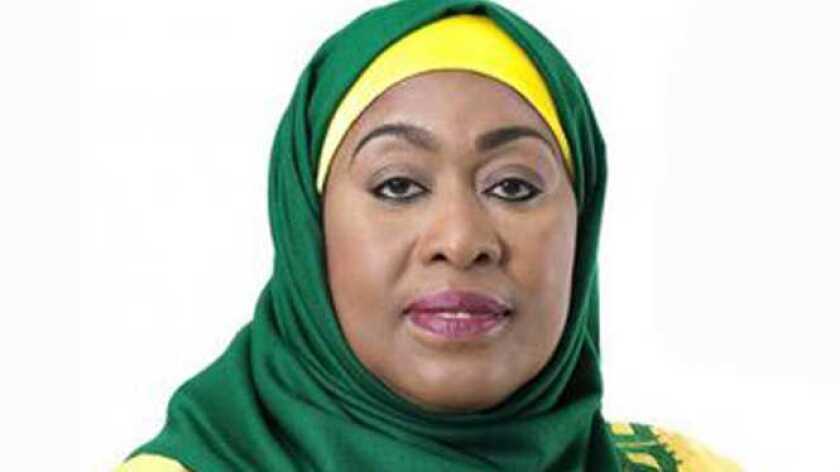Job Ndugai, the president of the National Assembly, told a conference that the money will be used to finance social services.
“The new levy that was approved during the previous parliamentary budget session is crucial to generate income for rural development and improvement of infrastructure in the education sector,” said Ndugai.
The government is still reviewing the level of tax after widespread protests earlier in the year against the initial rates on mobile money transactions. The government wanted to set a rate of 10 to 10,000 Tanzanian shillings (0.4ȼ US to $4.31) per transaction, depending on the amount of money transferred.
“We adopted it from good faith, but if there are concerns about placing a heavy burden on our people, the government will choose the best way to proceed,” said Ndugai.
But those protests led Samia Suluhu Hassan (pictured), the president of Tanzania, to instruct minister of finance and planning Mwigulu Nchemba to review of the tax. Nchemba’s review is not yet complete.
“We knew there would be a reaction to this decision but we decided to continue,” said Ndugai. “We have a lot of challenges and the country needs more liquidity to finance social services.”






